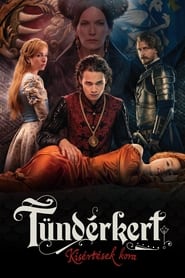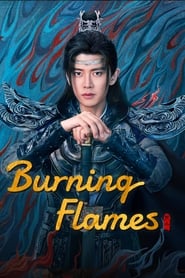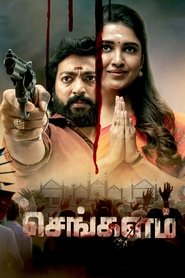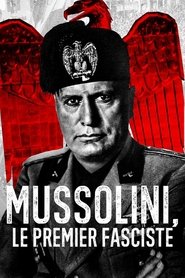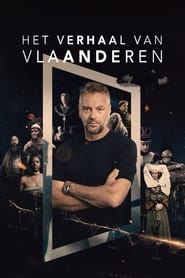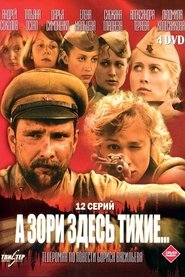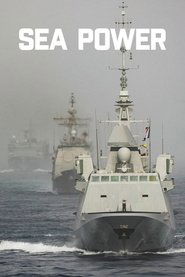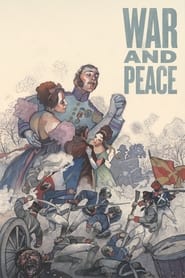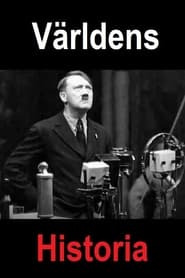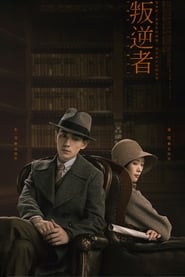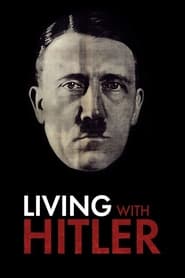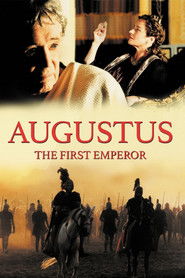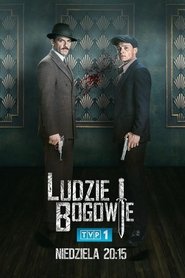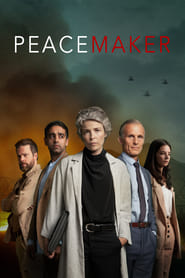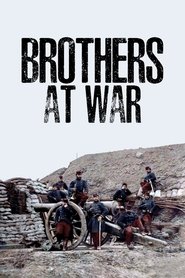Top Rated War Politics TV Series - Page 28
-
Fairy garden
2023
Fairy garden
2023
star 4.8Gábor Báthory was the ruler of Principality of Transylvania from 1608 to 1613. The infamous Elisabeth Báthory was his relative. The young Báthory is daring handsome and the idol of women, and triumphantly acquires the throne of Transylvania. The young ruler is the hope of the Transylvanian people, who have long suffered from wars. However, the ambitious Báthory pursues glory. He turns into a deranged tyrant, his best friend, the wise Gábor Bethlen, also becomes his mortal enemy and infuriates the neighboring great powers. Huge armies of the Ottomans, Wallachians, Poles, Hungarians and Cossacks attack Transylvania because of Báthory's adventurism. -
Burning Flames
2024
Burning Flames
2024
star 7.5After the fall of his kingdom and the slaughter of his family, Prince Wu Geng is forced into slavery, but fueled by grief and guided by powerful allies, he rises to challenge the mighty Yun clan and reclaim his destiny. -
Mevlana Rumi
2023
Mevlana Rumi
2023
star 7.8In 13th-century Anatolia, as the Mongol threat looms and internal turmoil rages, Rumi, a wise spiritual figure, emerges to assuage people's fears. His timeless words unite reason and compassion, inspiring change. -
Sengalam
2023
Sengalam
2023
star 5.5To take revenge, Rayar and his two brothers are on a ruthless killing spree. At the same time, a family ruling Virudhunagar corporation for 40 years is facing turmoil and their throne is being challenged. -
Mussolini: The First Fascist
2022
star 8.2Mussolini seized power in Italy in 1922, after his March on Rome. He would hold it in his grasp until his death in 1945, establishing a dictatorship that lasted more than 20 years. Long considered a buffoon and a second-rate dictator, Il Duce invented fascism that was imitated by Hitler, who viewed the Italian as his political master. He wanted to transform his country into a warrior nation and promised Italians a return to the grandeur of the Roman Empire. He governed by violence and trickery and was one of the first populist leaders of modern times, leading his country into the catastrophe of the World War II. But who was Mussolini, this former teacher who came from the extreme left to become a newspaper editor and creator of the Fascist Party? Why did he ally himself with Hitler? Were the Italians really behind him? With archives and interviews with the last-surviving witnesses of the era, this portrait takes a look back at one of the most notorious dictators of the 20th century. -
Het verhaal van Vlaanderen
2023
star 7.7In this documentary series, interspersed with historical reconstructions, Tom Waes investigates what has happened since the arrival of the first Homo sapiens, on the 14,000 square kilometers that we today call Flanders. -
A zori zdes tikhie
2005
-
Sea Power
2020
Sea Power
2020
star 5.8This documentary series delves into the battleships, submarines and aircraft carriers that have changed the history of modern warfare. -
War and Peace
1966
War and Peace
1966
star 9.7The love story of young Countess Natasha Rostova and Count Pierre Bezukhov is interwoven with the Great Patriotic War of 1812 against Napoleon's invading army. -
Divided We Stand
2022
Divided We Stand
2022
star 6.8ZERV" tells of the first years after the fall of the Wall, the breaks in life courses, of completely different biographies and of the successful coming together in the common fight against crime, which knows no East and West. ZERV stands for the Central Investigation Office for Government and Association Crime, founded in Berlin in 1991 by decision of the federal government. -
History of the World
2020
History of the World
2020
star 6.5It's about human history, how humans shaped the world we live in. A history through cultures and civilizations - from early Mesopotamia to the industrial revolution. Documentary series from various european production company’s like BBC, SVT, NRK, DR, ARTE, Covering serveral topics of war, Persons Like Cleopatra, Hitler, George Washington, etc -
The Rebel
2021
The Rebel
2021
star 8.8After ten years of knowledge and choice, after the victory of the War of Resistance Against Japan, Lin Nansheng has grown into a true Communist Party member. And at the critical moment of the War of Liberation, he made outstanding contributions to the party and the country. -
Living with Hitler
2021
Living with Hitler
2021
star 8.8The Nazi era from 1993 to 1945 is illustrated through archived material, with insights and anecdotes provided by world-leading experts and commentators. -
Augustus: The First Emperor
2003
star 4.9Old and ill, Augustus, the man who changed the fortunes and destiny of an empire by completing Julius Caesar's project, recounts the two most important phases of his life: his rise to power and his fight against the pressure of his family. -
Ludzie i bogowie
2020
-
Peacemaker
2020
Peacemaker
2020
star 5Finnish peace negotiator Ann-Mari Sundell has recently retired from her post as a crisis response adviser in the Ministry for Foreign Affairs. Suddenly, she is invited by the UN mandate to lead an international conflict resolution process in Turkey. As the peace talks proceed, Ann-Mari has to reconcile with her past before her personal life comes in the way of the whole peace process. -
Brothers at War
2020
Brothers at War
2020
star 8A look back at a cruel conflict, the Franco-Prussian War (1870-71), which changed the political geography of Europe and sowed the seeds of a deep antagonism between France and Germany that culminated in two world wars. Excerpts from the diaries of the witnesses, photographs and painted panoramas tell the truth about a forgotten war. -
Kids of Courage
2019
Kids of Courage
2019
star 8This outstanding and sensitive drama series tells a young and family audience the stories of children who lived through a most difficult era in recent history - and who grew with its challenges. -
The Irish Revolution
2019
The Irish Revolution
2019
star 7.2The remarkable story of the Irish War of Independence (1919-1922) which resulted in the formation of the Irish Free State and became the model for other British colonies to gain their independence. -
Zorge
2019
 Netflix
Netflix
 Amazon Prime Video
Amazon Prime Video
 Apple iTunes
Apple iTunes
 Apple TV Plus
Apple TV Plus
 Disney Plus
Disney Plus
 Google Play Movies
Google Play Movies
 Paramount Plus
Paramount Plus
 Hulu
Hulu
 HBO Max
HBO Max
 YouTube
YouTube
 fuboTV
fuboTV
 Peacock
Peacock
 Peacock Premium
Peacock Premium
 Amazon Video
Amazon Video
 The Roku Channel
The Roku Channel
 AMC+
AMC+
 Kocowa
Kocowa
 Hoopla
Hoopla
 The CW
The CW
 Vudu
Vudu
 Starz
Starz
 Showtime
Showtime
 PBS
PBS
 Pantaflix
Pantaflix
 FXNow
FXNow
 Tubi TV
Tubi TV
 Kanopy
Kanopy
 Comedy Central
Comedy Central
 Crunchyroll
Crunchyroll
 Microsoft Store
Microsoft Store
 Redbox
Redbox
 Sun Nxt
Sun Nxt
 ABC
ABC
 DIRECTV
DIRECTV
 Crackle
Crackle
 Fandor
Fandor
 Plex
Plex
